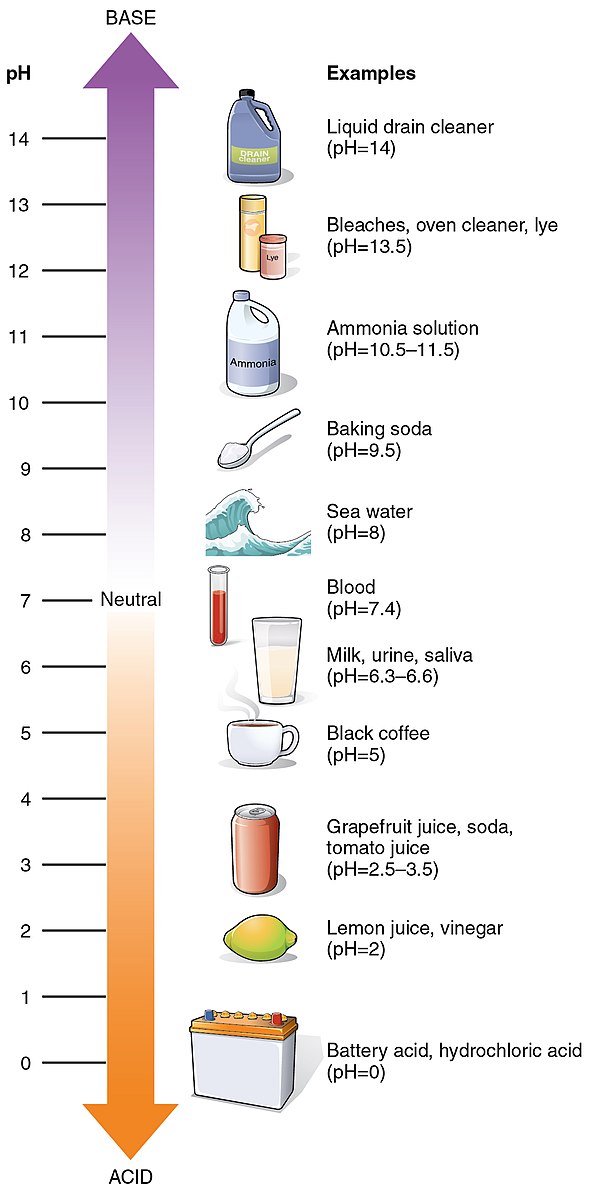The pH value of decaf coffee ranges from 4.85 to 5.13, making it slightly less acidic than regular coffee, which has a pH of 4.8 to 5.2. This slight difference is due to the decaffeination process, which removes some of the acids from the coffee beans.
Understanding the Acidity in Coffee
The acidity in coffee is influenced by various factors, including the coffee’s origin, variety, species, and the entire production process. Factors such as the soil composition, climate, and processing methods can all contribute to the final pH level of the coffee.
Coffee Varieties and Acidity Levels
When it comes to low acid decaf coffee, the Arabica coffee bean is a better choice as it has lower acidity than Robusta. Arabica beans typically have a pH range of 4.85 to 5.13, while Robusta beans tend to be more acidic, with a pH range of 4.8 to 5.0.
The Impact of Roasting on Acidity
The roasting process also plays a significant role in the acidity of coffee. Slow roasting is recommended for reducing acidity levels, as it achieves the temperature and duration identified by scientists for lowering the concentration of acidic compounds in the coffee.
The Decaffeination Process and pH Levels
 Image source: OpenStax College
Image source: OpenStax College
The decaffeination process can also affect the pH level of coffee. Water-based decaffeination methods, such as the Swiss Water or Sugarcane EA Process, are generally considered better choices as they use natural ingredients and do not rely on harsh chemicals, which can further impact the acidity of the coffee.
Comparing Caffeinated and Decaf Coffee Acidity
As mentioned earlier, decaf coffee is slightly less acidic than regular caffeinated coffee, with a pH range of 4.85 to 5.13 compared to 4.8 to 5.2 for regular coffee. This difference is due to the removal of some of the acidic compounds during the decaffeination process.
Benefits of Low-Acid Decaf Coffee
For individuals with acid reflux or digestive issues, decaf coffee can be a better option as it produces significantly less acid reflux than caffeinated coffee. The lower acidity levels in decaf coffee can be particularly beneficial for those with sensitive stomachs or gastrointestinal conditions.
Reducing Acidity Further with Brewing Methods
In addition to the decaffeination process, there are other ways to further reduce the acidity of decaf coffee. Dark roast decaf and cold-brewing can both help to lower the acidity levels, making decaf coffee an even more appealing choice for those seeking a low-acid coffee option.
Choosing the Right Decaf Coffee
When selecting a decaf coffee, it’s important to consider the decaffeination method used. As mentioned earlier, water-based decaffeination methods, such as the Swiss Water or Sugarcane EA Process, are generally preferred as they use natural ingredients and do not rely on harsh chemicals.
Factors to Consider When Buying Decaf Coffee
In addition to the decaffeination method, other factors to consider when choosing a decaf coffee include the coffee’s origin, roast level, and brewing method. Arabica beans, slow roasting, and cold-brewing can all contribute to a lower-acid decaf coffee experience.
Conclusion
In summary, decaf coffee is a better choice for those looking for a lower-acid coffee option. With a pH range of 4.85 to 5.13, decaf coffee is slightly less acidic than regular caffeinated coffee. The decaffeination process, coffee variety, roasting method, and brewing technique all play a role in the final acidity level of the coffee.
For individuals with acid reflux or digestive issues, decaf coffee can be a more suitable choice, as it produces significantly less acid reflux than caffeinated coffee. By choosing water-based decaffeination methods, Arabica beans, slow roasting, and cold-brewing, coffee drinkers can further reduce the acidity levels of their decaf coffee and enjoy a smoother, more comfortable drinking experience.
References:
– https://www.drinktrade.com/blogs/education/is-decaf-coffee-acidic
– https://www.mymokafe.com/post/what-is-the-ph-of-coffee
– https://maverickscoffee.com/blogs/news/low-acid-decaf-coffee
– https://savorista.com/blogs/savorista-blog/is-decaf-coffee-low-acid
